When the coronavirus epidemic began - it was only a few weeks ago and now seems centuries ago - doctors felt relatively confident, believing they knew who they were dealing with. Early medical reports suggested that the coronavirus appeared to be a standard respiratory virus, although highly contagious and deadly, without a vaccine or treatment. But since then, they have become increasingly convinced that Covid-19 attacks not only the lungs, but also the kidneys, heart, intestines, liver and brain. Now they are discovering that the virus produces a mysterious blood clot that kills affected patients. This virus is proving to be far more frightening than we thought.
A report published in the Washington Post tells us that many doctors are reporting bizarre and disturbing cases that do not seem to have been identified in the medical literature on coronaviruses and respiratory diseases. They describe patients with surprisingly low oxygen levels - so low that they would normally be unconscious or near death - but who continue to talk normally or make calls on their phones as usual. Asymptomatic pregnant women find themselves in sudden cardiac arrest. Patients who, by all conventional diagnoses, appear to have a very mild form of the disease, but whose condition deteriorates within minutes and who die at home.
Doctors see no correlation between age or chronic disease in patients with these bizarre disorders. They're in the dark and some scientists now hypothesize that at least some of these abnormalities can be explained by serious changes in patients' blood.
Such is the concern that some groups of physicians have raised the controversial possibility of giving preventive anticoagulants to all people with covid-19 - even those well enough to tolerate their disease at home.
Doctors are confused and afraid
Doctors are puzzled by these changes in the blood status of some patients. They notice the formation of blood clots, with the appearance of a gel, which is intriguing. In conditions such as Ebola, dengue fever, or other hemorrhagic fevers, the blood does not clot properly, causing uncontrolled bleeding. Autopsies performed on people with Covid-19 have revealed significant amounts of micro clots in the blood. These small clots wander through the body, gather together and form larger clots that can travel to the brain or heart, causing a stroke or a sudden heart attack.
These tiny blood clots could also be responsible for one of the unique symptoms of Covid-19: a sudden loss of sense of smell, suggests Dr. Jeanne Marrazzo, Professor of Infectious Diseases at the University of Alabama at Birmingham. It could also explain why patients who appear to be doing well suddenly collapse.
A mysterious complication related to blood clotting...
The first signs that doctors - mostly American - have detected are abnormalities in patients' legs. They turned blue and swollen. Even patients who were on anticoagulants for other conditions developed clots in their blood. The American intensive care units have found many similar cases at the same time. The phenomenon is so violent that the dialysis machines used in these units to filter impurities from the blood when the kidneys fail, were clogged several times a day by these clots.
Opening the lungs of dead patients, doctors found tiny clots everywhere.Then there were the autopsies. When doctors opened the lungs of dead patients, they expected to find evidence of pneumonia and damage to the tiny air sacs that exchange oxygen and carbon dioxide between the lungs and the blood. Instead, they found tiny clots everywhere.This is a phenomenon that doctors find in many health care units in the United States. They exchange a great deal among themselves but have not been able to reach a consensus on the biology and reasons for this situation and, more importantly, on what could be done about it. Many have come to believe that clots may be responsible for a significant portion of coronavirus deaths in the United States - which may explain why so many people are dying at home.
But this situation has also arisen in other countries. We are gradually learning about it now. If we look at the studies and reports made by Chinese or Italian doctors, we can see that they have indeed noted this phenomenon, but that it is merely the subject of footnotes in their reports. Their exchanges and calls for information were focused on what seemed essential to them: the effects of the disease on the lungs.
Helen W. Boucher, an infectious disease specialist at Tufts Medical Center, says there is no reason to think the virus is different in the United States. It is more likely, she says, that the problem is more obvious to U.S. physicians because of the unique demographics of U.S. patients, a large percentage of whom suffer from heart disease and obesity that make them more vulnerable to the ravages of blood clots. She also notes differences in methods of monitoring and treating patients in intensive care units, making clots easier to detect in some cases.
One of the leading causes of death
The circulatory or cardiovascular system of the body is often described as a network of one-way streets connecting the heart to other organs. The blood is the transport system, responsible for delivering nutrients to cells and removing waste products. A simple cold or a cut on your finger can cause changes that help repair damage, but when the body suffers a greater trauma, the blood can overreact, causing an imbalance that can lead to clots or excessive bleeding - and sometimes both.
Scientists call it "hemostatic dysregulation".
Harlan Krumholz, a cardiologist at Yale-New Haven Hospital, says no one knows whether the blood complications are the result of a direct attack on the blood vessels, or an overactive inflammatory response to the virus by the patient's immune system. « One theory is that once the body is engaged in this way in a fight against an invader, the body begins to consume clotting factors, which can lead to either blood clots or bleeding. In the case of Ebola, the balance was more in favour of bleeding. In Covid-19, it's more blood clots...« he explains.
A Dutch study published on April 10 in the magazine Thrombosis Research provided further evidence on the frequency of this problem, finding that among 184 patients with Covid-19 in an intensive care unit, 38 % had abnormally clotting blood. The researchers called this estimate "conservative" because many patients were still hospitalized and at risk for further complications.
The first data from China in a sample of 183 patients showed that more than 70 % of the patients who died from Covid-19 had small clots that developed throughout their blood system.
Although acute respiratory distress syndrome still appears to be the leading cause of death in patients with Covid-19, blood complications are not far behind. think the doctors. In fact, it is believed to be one of the three leading causes of death and deterioration in coronavirus patients.
Changing disease management
This discovery is prompting many hospitals to change the way they think about and manage the disease. When the new coronavirus first appeared, the Centers for Disease Control and Prevention and other similar organizations have placed asthmatics at the top of their list of most vulnerable people. But recently, European researchers have noted in the review Lancet that it was "striking" to see the extent to which asthma patients were under-represented. Earlier this month, when New York State published data on the major chronic health problems of those who died from Covid-19, asthma was not included. Rather, they included almost all cardiovascular disease.
Some medical centres have recently begun to give all hospitalized patients with Covid-19 small doses of anticoagulants as a preventive measure, and many are adjusting the doses upwards for the most seriously ill. The challenge is that the more you give, the greater the danger of upsetting the balance in the other direction and causing the patient to bleed.
Pregnant women affected by this risk
Another great mystery that doctors hope to see solved through the blood question is why some maternity patients experience a collapse in their health during or after childbirth.
An article published in theAmerican Journal of Obstetrics & Gynecology In late March detailed how two women with no prior symptoms of covid-19 ended up in intensive care. The first was a 38-year-old patient from the Irving Medical Center at New York University who developed a fever of 38.5° during a cesarean delivery and began bleeding heavily. The second woman, 33 years old, also underwent a C-section. But the next day, she developed a cough that developed into respiratory distress. Her heart started beating irregularly and her blood pressure rose to 200/90.
Several physician-researchers have stated that the relationship between Covid-19, coagulation and pregnant women is "an area of interest". Women who give birth have always experienced clotting and bleeding complications due to the involvement of the blood-rich placenta, but it is possible that Covid-19 triggers additional cases by causing some women's bodies to "lose balance". « There's a lot of speculation« says Dr. Krumholz. « It's one of the most frustrating things about this virus. We're still in the dark."
Would the problem have been turned upside down?
If this discovery of Covid-19-related blood clots were fully understood, it would lead to a paradigm shift in the treatment of the disease. Indeed, the coronavirus would not directly cause acute respiratory syndrome but rather a vascular hypoxemic disorder, i.e. a lack of oxygen in the blood causing diffuse thromboembolism, i.e. clots in the vessels. Clearly, Covid-19 is primarily a cardiovascular problem and not a pulmonary one.
Covid-19 would primarily be a cardiovascular issue, not a pulmonary one...Death would be caused by a generalized venous thromboembolism, mainly located in the lungs. If this is true, it would mean that efforts to ventilate the lungs with artificial respirators have been unsuccessful - and the vast majority of people do not survive this protocol - because the blood does not reach the lungs. Before intubating patients, some doctors are wondering whether these thromboembolisms should not first be dissolved or prevented.This seems logical but could lead to uncontrollable side effects. Indeed, a recent study published in the journal Physiological Reviews noted that people who already have high levels of plasmin, a key enzyme that breaks down blood clots, tend to have a more severe Covid-19 infection.
Plasmine appears to help the coronavirus bind more easily to human cells, explained Dr. Hong-Long Ji, Professor of Cellular and Molecular Biology at the University of Texas Health Sciences Center. If this is true, the use of anticoagulant drugs to treat Covid-19 could backfire on patients by reinforcing their infection, he warns. « If you give the patient plasmin or other types of proteins to remove clots, the problem is that the patient still has a virus in their body and they also have a bleeding problem in all the important organs.« . We would then go from Charybdis to Scylla.
According to a dispatch The American Hematology Society, which has also observed clotting, states in its advice to doctors that the benefits of anticoagulant treatment for Covid-19 patients who do not already show signs of clotting are " currently unknown"

Sources: Washington Post, MedicineNet, Reuters

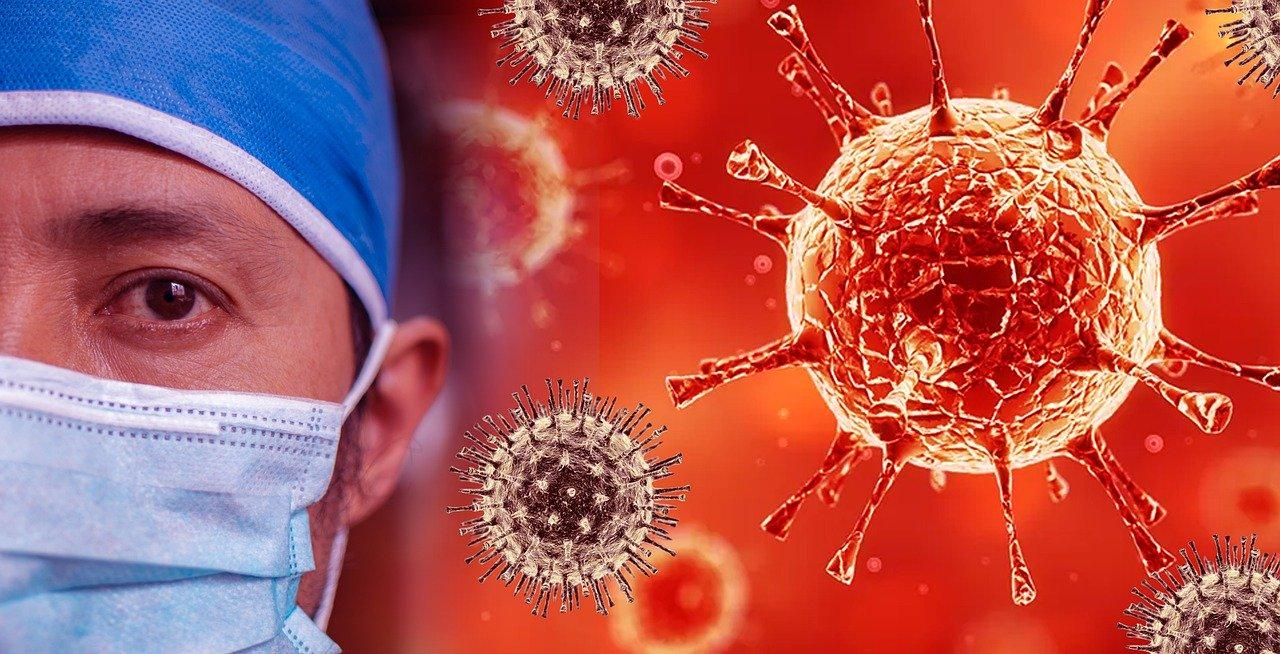
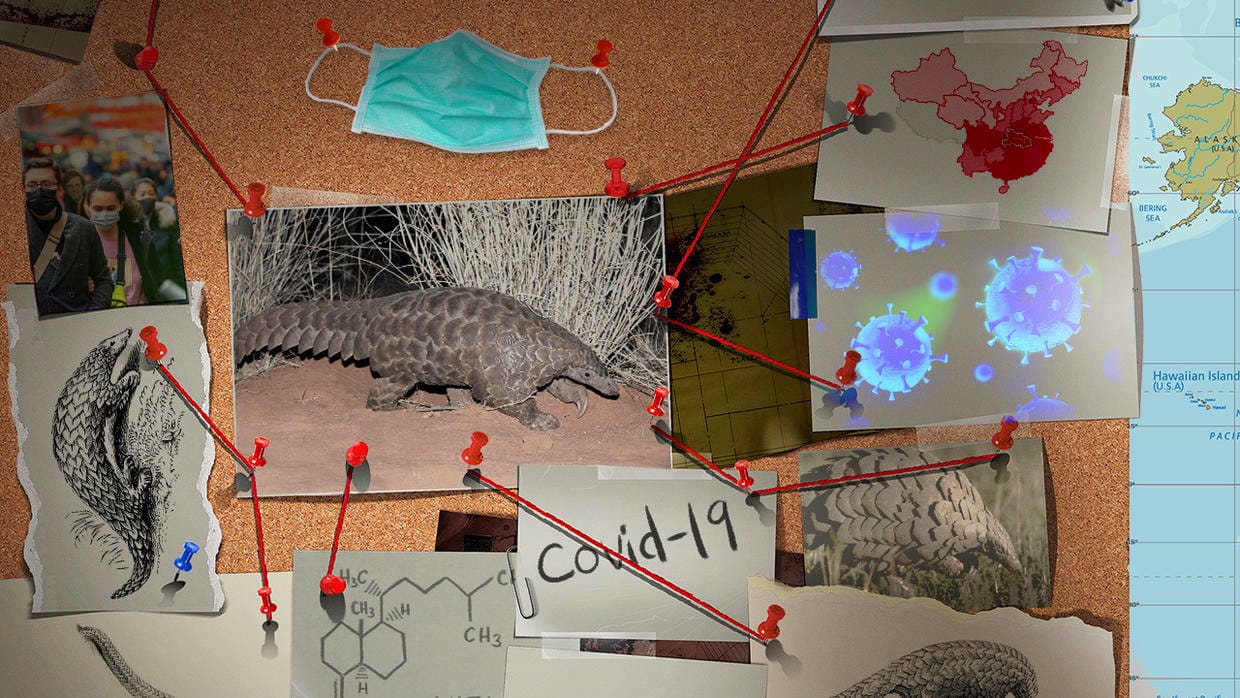

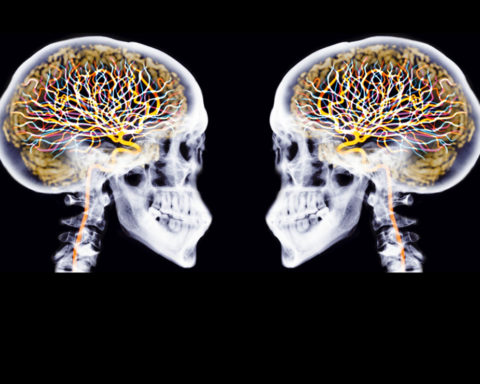

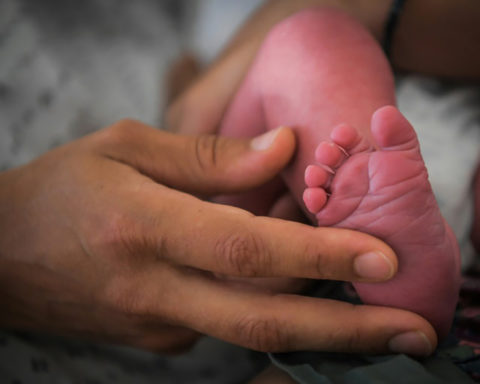

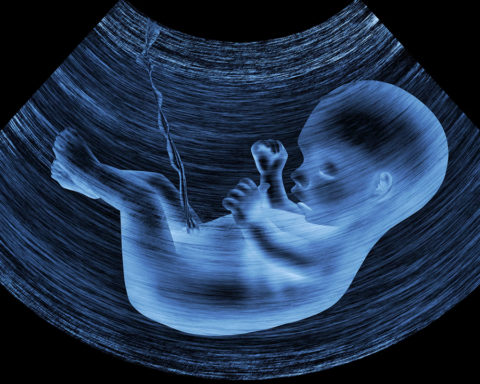




it's creepy